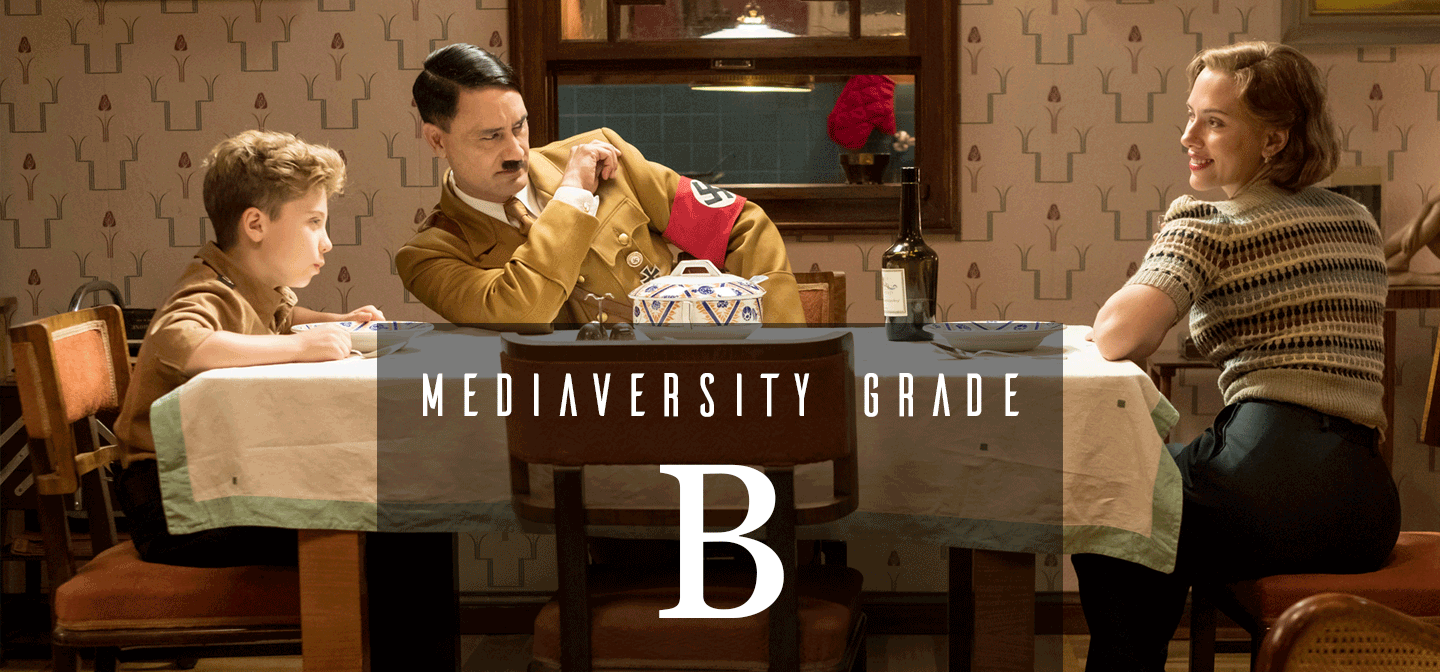I'm Still Here
“Against the backdrop of Brazil’s military dictatorship, I’m Still Here draws poignant parallels to contemporary struggles for justice.”
Title: I’m Still Here (2024) / Portuguese: Ainda Estou Aqui
Director: Walter Salles 👨🏼🇧🇷
Writers: Murilo Hauser 👨🏼🇧🇷 and Heitor Lorega 👨🏼🇧🇷, based on the autobiography by Marcelo Rubens Paiva 👨🏼🇧🇷
Reviewed by Joshua Harris 🧑🏽🌈🇺🇸
Technical: 4/5
Set in 1970 Rio de Janeiro, I’m Still Here follows Eunice Paiva (Fernanda Torres) and her husband, Rubens Paiva (Selton Mello), a former congressman in the Brazilian Labour Party. Their world begins with idyllic, sun-soaked days on the beach, surrounded by a close-knit family of five children, each with their own passions and dreams. These early scenes are visually stunning, with breathtaking shots of the Atlantic Coast and sweeping sequences of loud, rambunctious gatherings heralding moments of joy that make later scenes all the more heartbreaking.
As the story unfolds, Brazil’s far-right military raids the Paiva household, abducts Rubens, and exposes the deep sorrow and loss brought on by life under martial law. In the second act of the film, the cinematography shifts to reflect the narrative's darker tone, using muted colors to mirror Eunice’s emotional descent.
Adapted from the autobiography of Marcelo Rubens Paiva, the son of Eunice and Rubens, the film’s focus on Marcelo’s mother anchors the story, compelling us to sit with Eunice’s pain in profound silence. Audiences bear witness to her slowly unraveling and then—driven by the need to protect her children—painfully reassembling. The screenplay not only captures Eunice’s resilience, it underscores the devastation of forced exile and political repression. Her journey transforms into a powerful testament to the enduring strength of love, loss, and the pursuit of truth.
Gender: 4/5
Does it pass the Bechdel Test? YES
Eunice’s perseverance and her refusal to yield to the authoritarian regime elevate her to a complex, multi-dimensional character. The narrative focuses on her and her family, but also finds time to observe the strength of other women in scenes of communal solidarity. Much of the story, however, revolves around Eunice’s relationship with Rubens, and the other women in the cast primarily exist in relation to his disappearance.
Despite this, Eunice’s character arc as a woman desperate for answers to one who confronts the truth, finds her passion, and accepts the harshest of circumstances—all while keeping her family united—stands out as one of the best parts of the film.
Race: 3.5/5
Though the film’s cast largely comprises white-presenting Brazilians, it at least makes sense given that the story comes from an autobiography about the Paivas, who are light-skinned. Rather than focusing on race, I’m Still Here explores issues of nationality and ethnicity. The film plays out against the oppressive backdrop of Brazil’s military rule, which began with an American-backed coup in 1964 and lasted until 1985. During this period, the forced disappearances of political dissidents serve as the film’s emotional core. But its relevance extends far beyond Brazil, with poignant parallels easily drawn to contemporary struggles for justice in the face of murder, military occupation, and forced disappearances in places like Palestine and the Democratic Republic of the Congo, among others.
Mediaversity Grade: B 3.83/5
I’m Still Here skillfully portrays a family’s struggle under systemic violence. Strong performances bring a deeply human perspective to the brutal realities of dictatorship, making it a must-watch for audiences worldwide.




